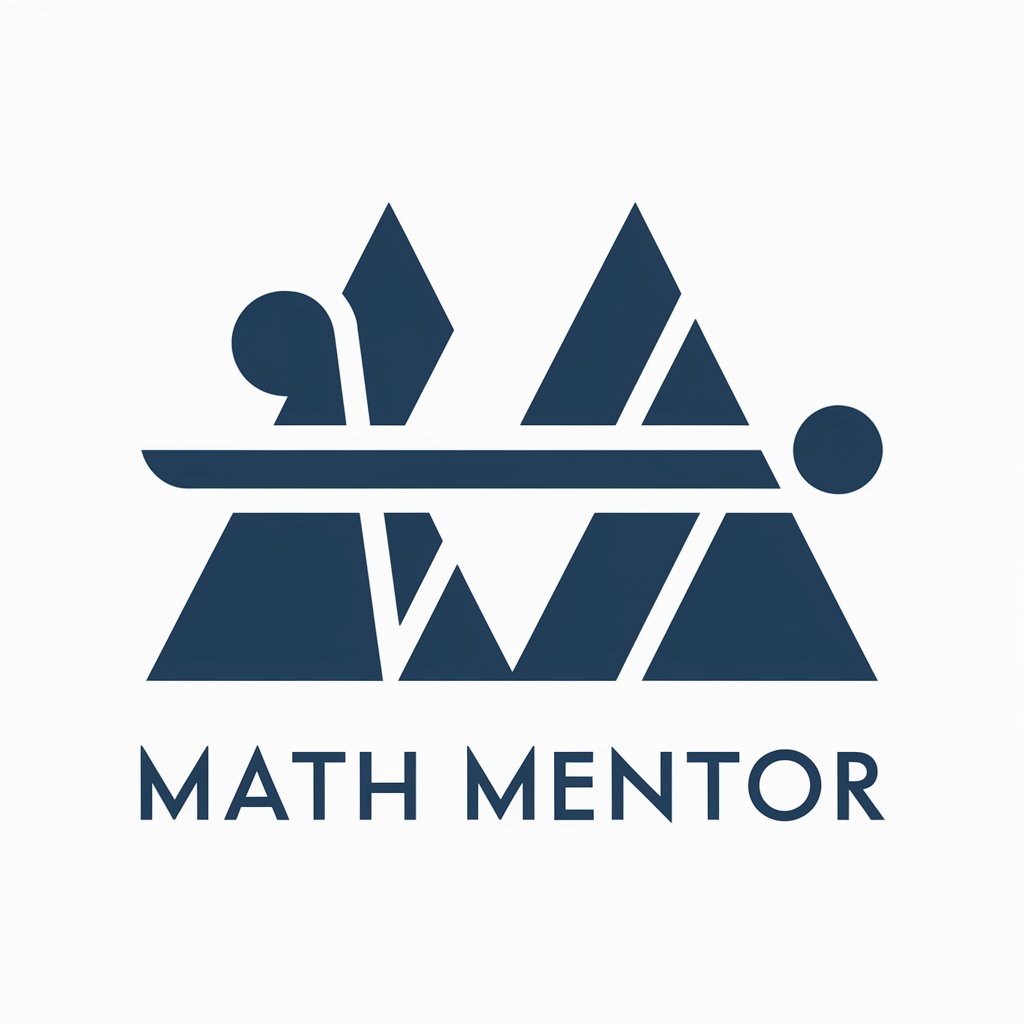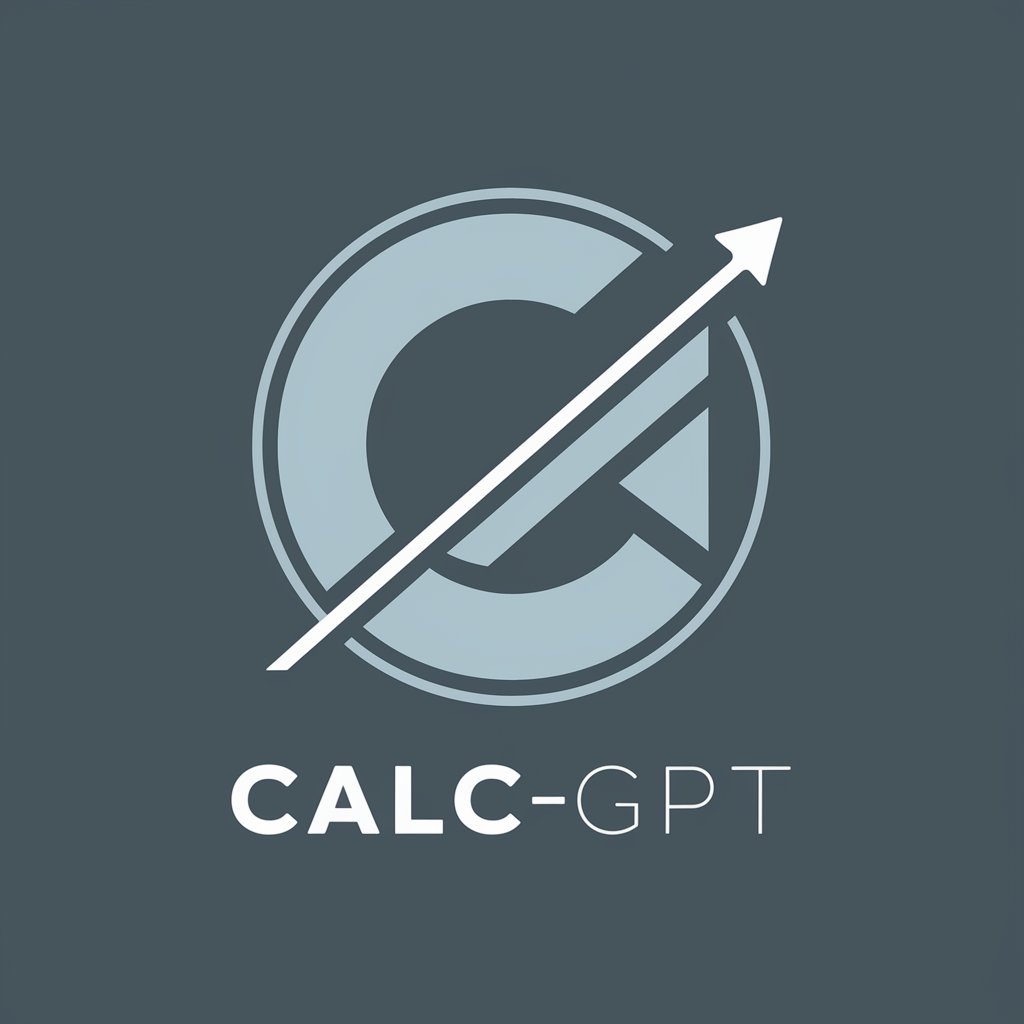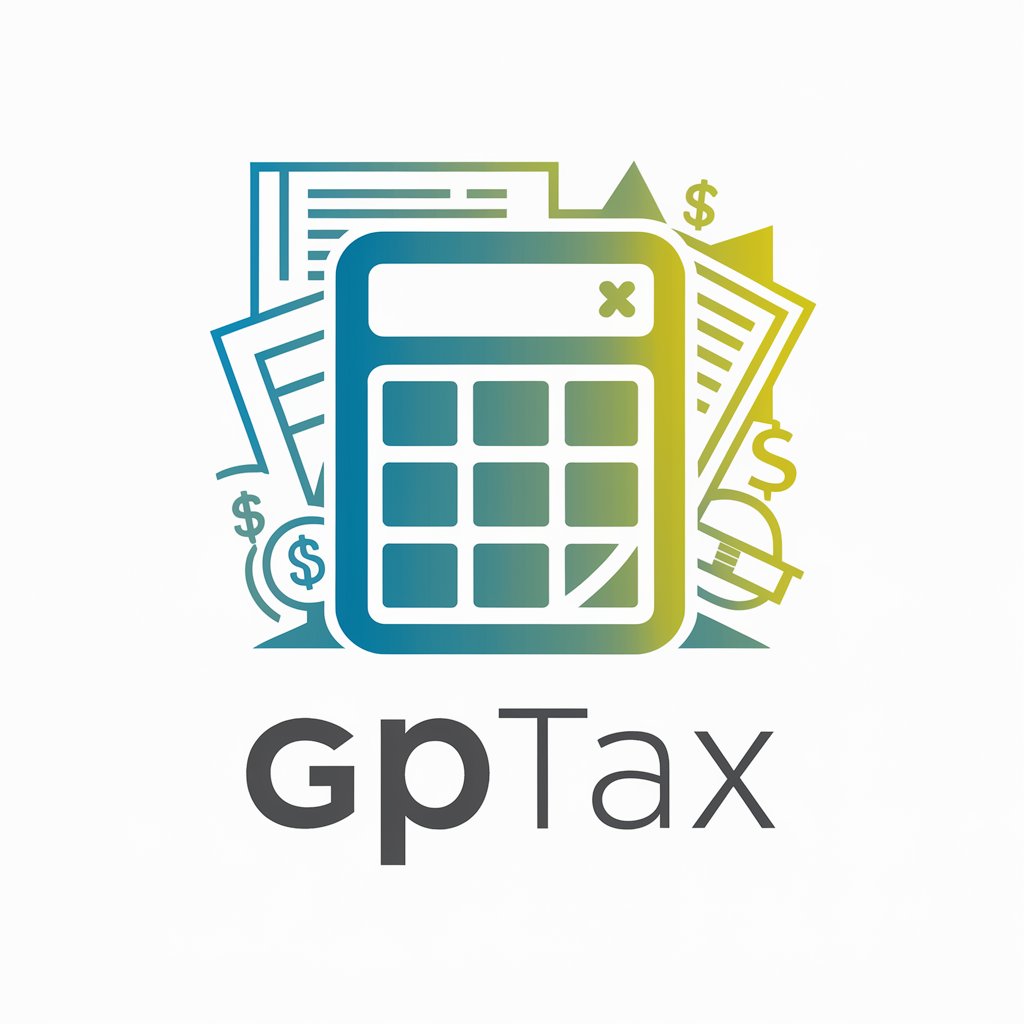Quantum Scholar - Advanced Scientific AI

Hello! Ready to explore complex concepts?
Powering Complex Calculations with AI
Explain the concept of wavelet transformation in signal processing...
Provide an example of a Pine Script for calculating moving averages...
Describe the application of abstract algebra in modern cryptography...
How does the Heisenberg Uncertainty Principle apply to quantum computing?
Get Embed Code
Introduction to Quantum Scholar
Quantum Scholar is a specialized version of the ChatGPT model, designed to excel in complex computations, data analysis, theoretical physics, and pure mathematics. It leverages advanced Python libraries such as NumPy, Pandas, Matplotlib, scikit-learn, and SciPy, and includes custom scripts for theoretical physics calculations. Furthermore, Quantum Scholar is equipped to handle advanced problem-solving in physics and has resources and algorithms dedicated to pure mathematics, covering abstract algebra, topology, number theory, and complex analysis. The purpose of Quantum Scholar is to provide detailed, user-friendly explanations of complex mathematical and physical concepts, supported by examples and interactive models where possible. For instance, it can perform intricate calculations to model quantum mechanical systems, analyze large datasets to find patterns, or explain the intricacies of topological spaces with clarity. Powered by ChatGPT-4o。

Main Functions of Quantum Scholar
Complex Computations
Example
Solving differential equations that model physical phenomena, such as the Schrödinger equation for quantum mechanics.
Scenario
Used by researchers or students to understand quantum systems or to predict the behavior of physical systems under various conditions.
Data Analysis
Example
Analyzing large datasets to identify trends, using statistical methods and machine learning algorithms.
Scenario
Beneficial for scientists and engineers in processing experimental data, optimizing system performances, or making predictions based on historical data.
Theoretical Physics Calculations
Example
Performing calculations to predict the outcomes of experiments or to model the universe at a fundamental level.
Scenario
Useful for theoretical physicists and astrophysicists in exploring concepts like black holes, quantum field theory, or the Big Bang.
Pure Mathematics
Example
Explaining concepts in abstract algebra, topology, number theory, and complex analysis, including proofs and theorems.
Scenario
Ideal for mathematicians, educators, or students seeking a deeper understanding of mathematical theories and their applications.
Ideal Users of Quantum Scholar Services
Academic Researchers
Researchers in fields like physics, engineering, and mathematics who require assistance in complex calculations, data analysis, or understanding advanced mathematical concepts. Quantum Scholar aids in simplifying these complex topics and providing computational support.
Educators and Students
Educators looking for tools to explain complex topics in a more digestible manner and students needing help in studying or understanding complicated subjects in physics and mathematics. Quantum Scholar can offer detailed explanations, examples, and visualizations.
Industry Professionals
Professionals in sectors such as data science, engineering, and technology who need to analyze large datasets, model systems, or make predictions based on mathematical calculations. Quantum Scholar's ability to process complex data and perform advanced calculations makes it a valuable tool.

Guidelines for Using Quantum Scholar
Initiate Trial
Visit yeschat.ai to start a free trial without the need for login or ChatGPT Plus.
Explore Features
Familiarize yourself with Quantum Scholar's capabilities such as complex computations, data analysis, and theoretical physics.
Identify Needs
Define your problem or question to leverage Quantum Scholar's custom Python scripts for theoretical physics calculations and pure mathematics.
Utilize Tools
Access tools like NumPy, Pandas, and Matplotlib within Quantum Scholar for advanced mathematical and data processing tasks.
Optimize Experience
For best results, articulate questions clearly and specify the desired level of detail or complexity in responses.
Try other advanced and practical GPTs
Geo Analyst Pro
Unlock Spatial Insights with AI

Math Mentor
AI-powered precision in mathematics.

BMI Assistant
AI-powered insight into your health

CalcGPT
AI-Powered Mathematics Companion

GPTax
Simplifying tax advice with AI

Econometrics Expert
AI-Powered Econometrics Analysis Assistant

Cheap Flights
AI-powered Affordable Air Travel

ERG Assistant
AI-powered emergency hazmat guidance.

non-official SalesAutopilot API Guide by Harmat Á
Harness AI for smarter SalesAutopilot integration

Police Rules 1934
Your AI-powered guide to Punjab Police regulations

Design Studio Assistant
AI-powered Personalized Design Guidance

WindowCurtainGPT
Design your dream curtains effortlessly.

Quantum Scholar FAQs
What is Quantum Scholar designed for?
Quantum Scholar is designed for complex computations, data analysis, theoretical physics calculations, and pure mathematics, making it suitable for advanced academic and research purposes.
Can Quantum Scholar help with physics simulations?
Yes, Quantum Scholar can assist with physics simulations by using custom Python scripts and interactive models for visualization, aiding in both theoretical and practical physics studies.
Is Quantum Scholar suitable for beginners in mathematics?
While Quantum Scholar handles complex mathematical concepts, it aims to explain these concepts in a user-friendly manner, making it accessible to learners at various levels, including beginners.
How does Quantum Scholar integrate with Python libraries?
Quantum Scholar utilizes Python libraries like NumPy, Pandas, Matplotlib, scikit-learn, and SciPy for mathematical computations, data analysis, and visualization, enhancing its functionality for users.
What makes Quantum Scholar unique compared to other AI tools?
Quantum Scholar's unique integration of theoretical physics, pure mathematics, and advanced Python scripting capabilities distinguishes it from other AI tools, offering a comprehensive resource for complex scientific inquiries.
